
So much in life can be compared to a good recipe. It’s always about the ingredients, the balance, the creativity, the heat and timing and finally the execution. When I first started fundraising I would have given anything for a cookbook with some basics in a ‘digestible’ format (yes, pun intended). Even as a seasoned fundraiser I looked far and wide for that special ingredient that could make my dish – my campaign – stand out from all the others.
The stretch from Giving Tuesday through the holidays and finally on the last day of each year is a cornucopia of opportunity. Moments are ripe again and again to create a masterpiece that your supporters will love and devour. A masterpiece that will bring in significant donations for your cause.
We sourced these recipes far and wide to bring you shopping lists, main courses, starters and more that will give you food for thought, inspiration and step-by-step instructions. Our Engaging Networks Accredited Partners and friends from around the world bring you these outstanding contributions. Read and enjoy – then, create your own sensation.
Kathy Powers, Director of Marketing, Engaging Networks

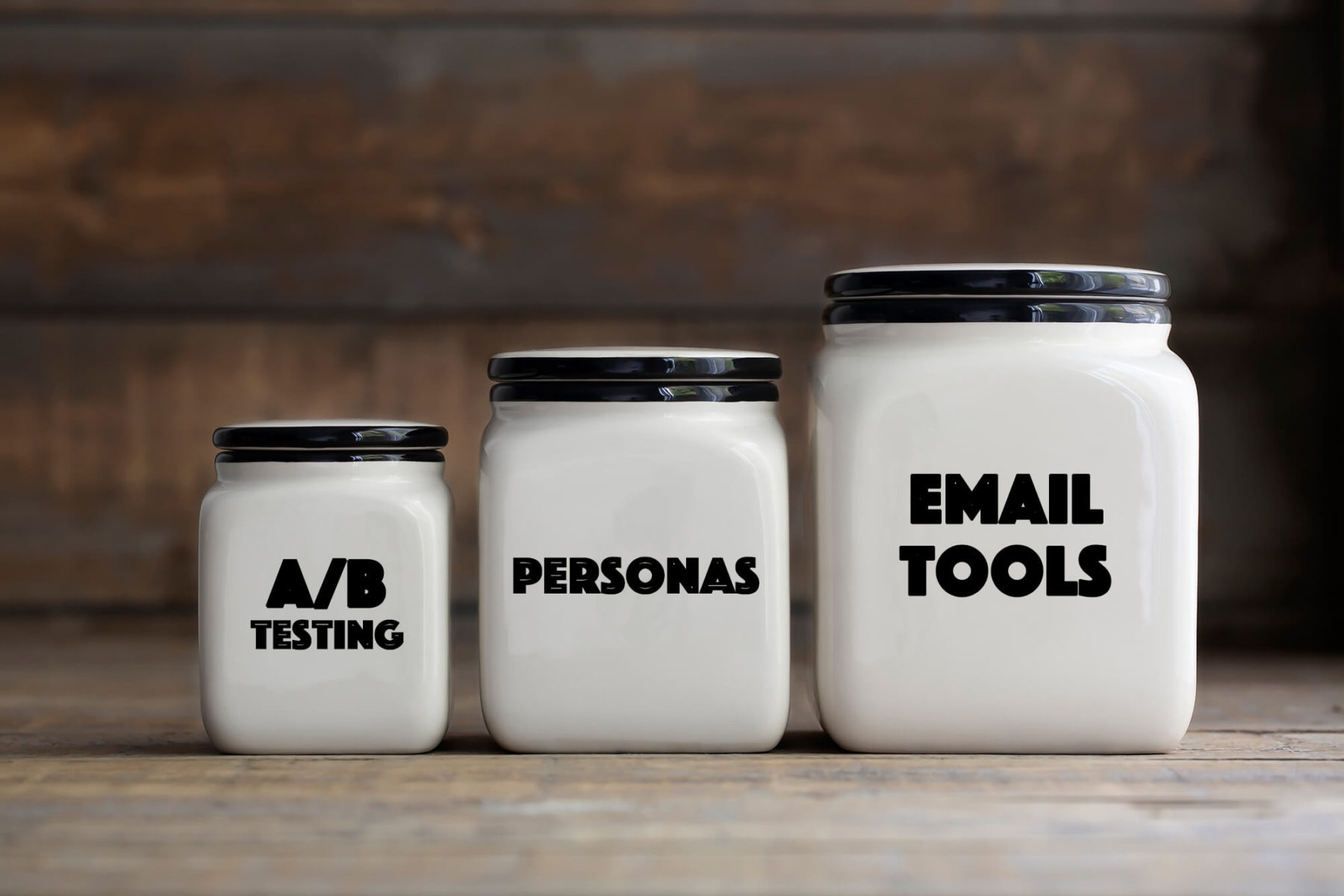
by Alia McKee, Sea Change Strategies
In order to make great food, you need to stock your pantry and fridge with the right ingredients. And in order to make impactful
fundraising campaigns, you need to communicate with donors about topics that matter to them most.
Listening to your donors is like stocking your fridge and pantry with the ingredients they like the best. If olives aren’t their thing, you don’t want to force feed them my mother’s pasta puttanesca (amazing as it is).
Organizations often anchor our campaigns around issues and topics that we think are most important. We spend countless hours on messaging strategy. We have internal creative meetings. We hypothesize that “Our donors care about XYZ.” But do we really know what “our donors” care about?
Listening is a lost art in fundraising. It’s fashionable to talk about fundraising as relationship building, but what we mainly do is talk at our donors without making any effort to hear what they have to say.
To stock your pantry and fridge with the ingredients your donors enjoy the most, you have to ask them what they want to eat.
1. Identify specific donor and prospect audiences. You should regularly listen to all of your donors and prospects. But it’s ok to prioritize segments of your file that are most important for your year-end efforts.
2. Create feedback loops. Between now and year-end, create feedback loops with prioritized segments. Two ideas:
Once you find out what the magic ingredients are, you can incorporate them into your shopping list regularly. Get more tips on how to listen and message your donors on our website.
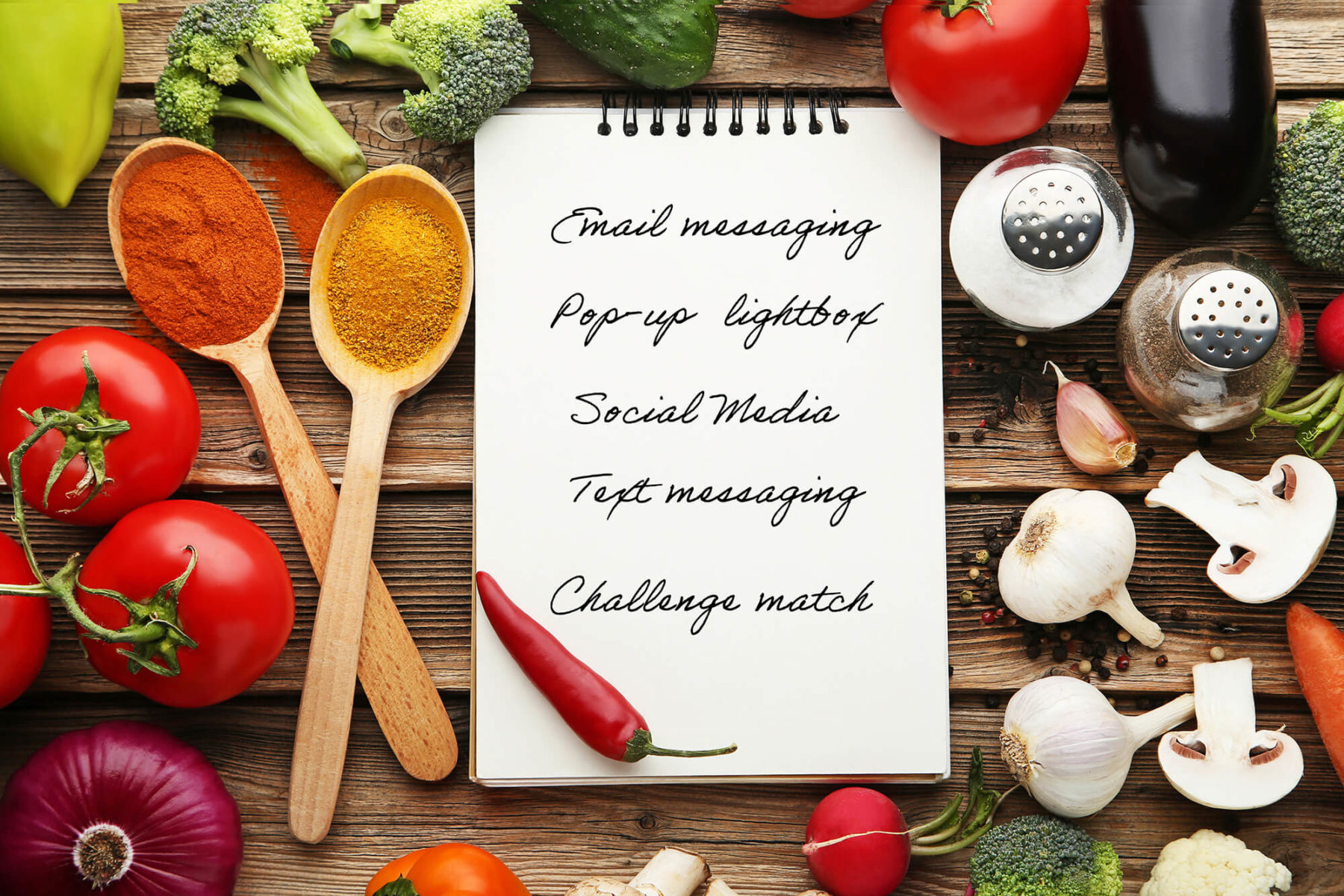
by Michael Stein, Laguna Creek Consulting
It never fails that I get nervous half way through that we won’t reach our fundraising goal. I’ve developed a shopping list of items to roll out to juice things up in the final ten days to two weeks. I’m Michael Stein with Laguna Creek Consulting and I’ve been helping nonprofits raise money for over twenty years. Oh, and I co-wrote the first book about Online Fundraising in 1997.
Email messaging: Sending emails to your supporters is the most important part of your year-end fundraising campaign.
Challenge match: Every fundraising campaign will benefit from a challenge match offered by a generous donor, a board member, or a business partner.
Pop-up lightbox: I know that some of your website visitors will find these pop-ups annoying, but darn it they sure do make an impact on your fundraising.
Social media: Keep pumping out your year-end fundraising appeal on ALL your social media channels.
Text messaging: Your stealth channel to reach supporters who have given you permission to send them text messages. Always a great way to promote your year.
Year-end fundraising campaigns are high intensity events that get everyone in a tizzy.
Year-end is traditionally the time for one-time gifts, but we know that donors are always in search of flexibility and options. Make the case for monthly giving, either in the body text or P.S. of your email message, and also on all your donation pages. This is one of the fastest growing segments of online fundraising. While monthly giving will reduce revenue in the short term, monthly donors will stay on your list longer, and have higher lifetime value as a donor. Consider all the ways you can promote monthly giving during year- end, such as sending a special appeal to your recent donors, frequent givers, and multichannel donors (such as those who have already made a gift in the mail).
Another technique during year-end is to message your current monthly donors and ask them to increase their monthly giving amount. Be sure to acknowledge them as current monthly donors and note their current giving level, so they’ll be informed about their giving level as they consider their giving options.
We go to great lengths to avoid sending appeals to people who have already donated to our campaigns. But year-end is a great time to keep including recent donors, especially if you have a dollar-for-dollar match.
Your supporters, volunteers and donors love challenge matches because it’s a chance to have their gift go further. Seek out a challenge match from a local business or generous donor to encourage your supporters to make a last-minute gift. Focusing on a specific group of donors or coordinating with an event can also be useful strategies.
Most nonprofits use a pop-up lightbox during their year-end fundraising campaign. Lightboxes are graphics that appear after a few seconds of visiting a website. Don’t just settle for one pop-up for the whole month of December. Change to a new lightbox design for the last ten days to increase the giving urgency.
You’re probably planning lots of social media messaging at year-end to promote your fundraising efforts, but you’re probably not planning enough. Recruit a social media volunteer team to create and share engaging content. Get creative with ways to promote your year-end campaigns, using graphics, thermometers, and thanking donors publicly (with their permission). If you’re using a video to promote your year-end fundraising campaign, be sure to use it frequently on your social media channels and ask your followers and fans to share the video.
If you’re collecting mobile phone numbers from your supporters, donors and volunteers, consider using text messaging to promote your fundraising appeals.
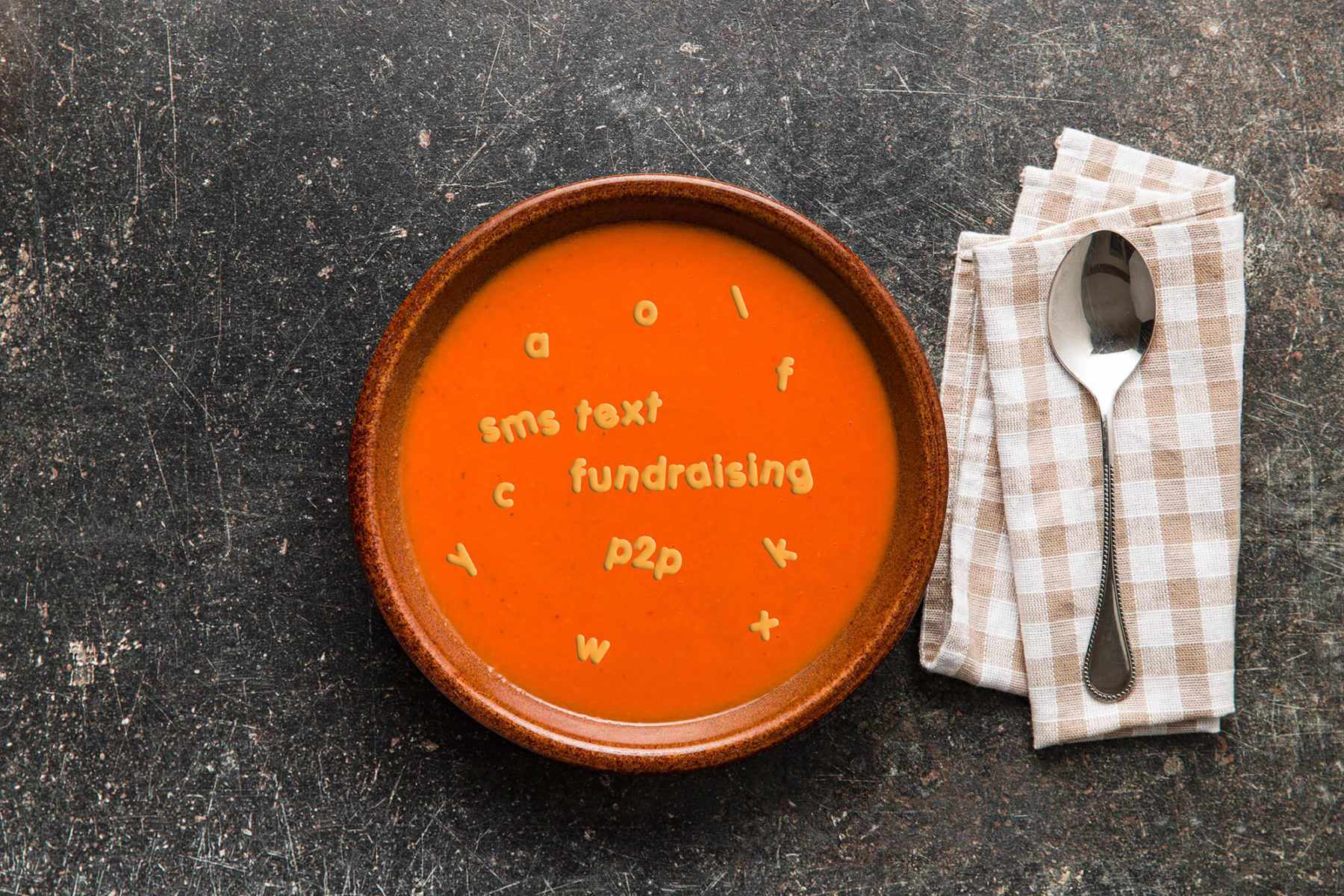
by Wendy Marinaccio Husman at Mal Warwick Donordigital
SMS texting is our family’s favorite new tradition at calendar year-end. Although it’s a younger channel, texting is already bringing joy, delight and dollars to nonprofits across the country.
Broadcast texting serves large audiences of opted-in constituents quickly and easily on deadline days. Peer-to-peer texting serves lapsing members, recent file joins, current donors, mid-level donors, and more…even sustainers in need of an upgrade!
To include SMS as a channel in your year-end campaign, start with determining your most crucial campaign timeframes. That’s likely to be dates like Giving Tuesday, the period when your mailed year-end appeal hits mailboxes, and December 31st.
Next, determine how a text message can add to your campaign across channels at that time, while using the special techniques of text.
For peer-to-peer texting, your initial text should ask a question that the recipients are jazzed to respond to. Share your name and your organization’s name, and personalize further with the recipient’s name and anything else that makes sense (their state, length of time giving to the org, whether they’re a monthly donor or not…). Once the text conversation flows, ask for the gift—don’t send a URL before then. Keep the thread going with plenty of questions and options (and emojis) for the human on the other end.
If you’re using broadcast text, include a short informational message. It’s nice to add an image if you can, and send separate texts to different segments of your file. Remember, with broadcast text, your audience must have opted in to texts from your organization.
You can expect direct donations to your vanity URL, as well as a bump in response rate across other channels, for those who get a taste of your integrated messaging via SMS.
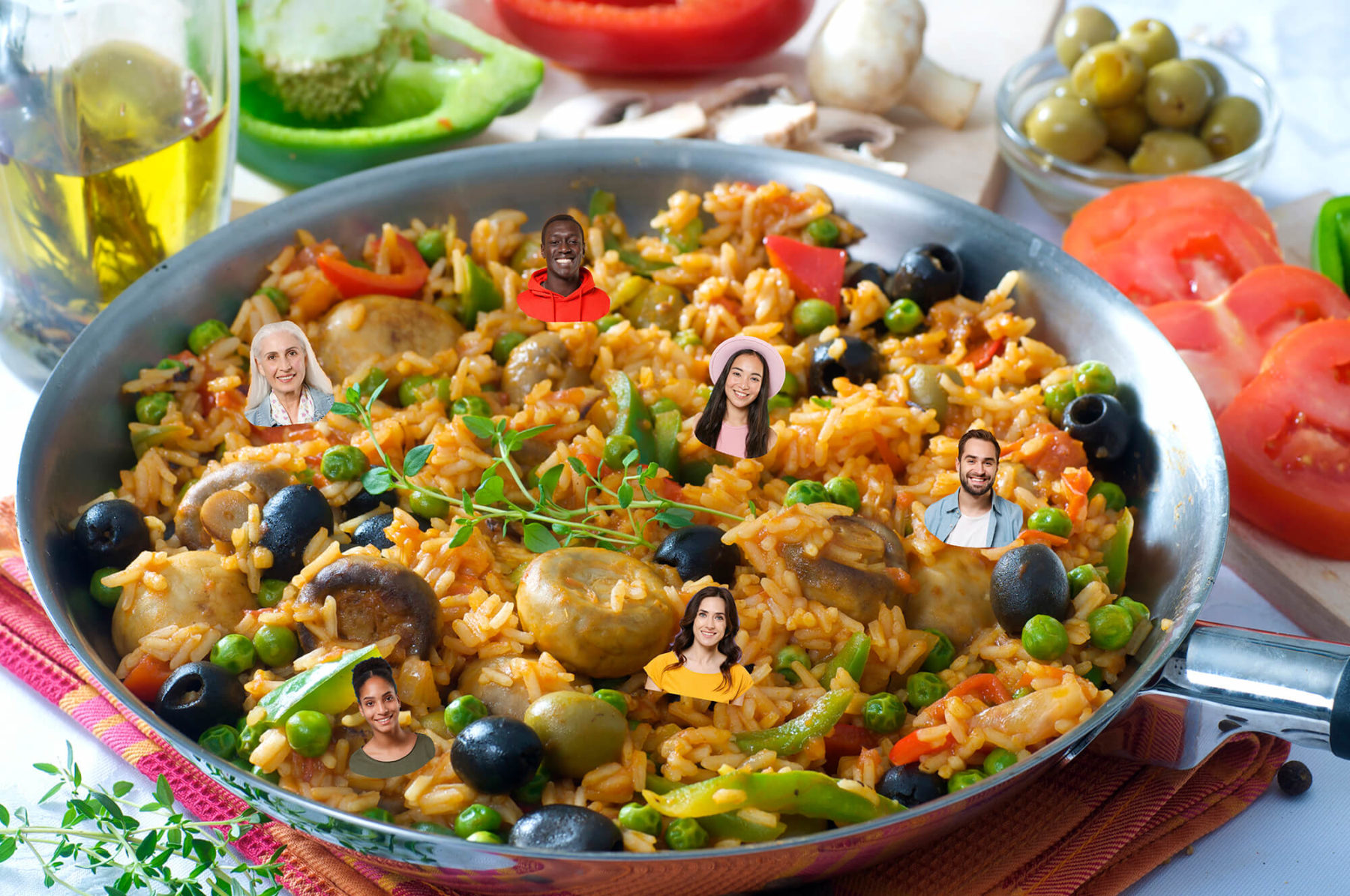
by Bri Iacia of Firefly Partners
Most nonprofit fundraising professionals love designing a menu that delights donors and gets their taste buds tingling. But few nonprofits use the secret ingredient included in this recipe – Automated Audience Research. This secret ingredient is what provides the “sizzle and pop” to your campaigns – ensuring every bite is rich, chewy, distinct, and permeated with just the right mix of flavors. With this exotic and complex dish, your end-of-year fundraising campaign will go from “ho-hum” to “PERFECTO!”
Digital Spices
Automated Audience Research Technology
Empathy (like garlic and good times, there’s no such thing as “too much”)
Inclusion + Accessibility
6+ month Engagement with Firefly Partners
Recipe pairs well with:
To get started, place your various platforms on the counter, and gather all the user data you have at your fingertips. For the moment, collect the data in CSV files. [Beginner]
With a strategic eye, examine your demographic information and identify trends. Dig into interest insights from Google Analytics, Google Ads, and Facebook. How can you group your constituents into categories or profiles or personas?
There’s only so far you can go with free online tools. At Firefly Partners, we employ the strategies and tools used by the best paelleros from Valencia, Spain. Our automated user data analysis goes deeper and compares against 12+ public sources to surface actionable profile building blocks. Personas with a kick!
You now have personas to test. Launch a small campaign (paid or organic) with content, channels, and CTAs that are specific to each persona. As results come in, ask yourself: Did the kind of people come that you intended? Did they take the actions you wanted or expected? Are you hearing that sizzle and pop? Is the engagement rich, chewy, distinct, and full of flavor?
After reviewing who engaged in your campaign and the discrepancies between your expected persona behavior vs. your actual engagement, make tweaks to your recipe. Taste again. Refinement is not a one and done – the best chefs constantly adjust: Are you using the right well-seasoned steel pans? Or is it the bits of meat and vegetables that need a remix? Do you have a fiercely bubbling liquid? Should you turn down the heat?
With more refined personas, you can review user pathways throughout your digital ecosystem. Put your empathy hat on: Where is there friction? Are your constituents feeling seen? Appreciated? Are they seated at the head of the table, or are they still on the waitlist?

by Marc Ralsky at HJC Consultants
Everyone loves receiving a Holiday message near the end of year. We all have felt isolated and disconnected for the past 18+ months. Time to write to your donors. Here is our recipe for success.
A real and good story. You need to tell a real story (no fluff)! Make it about solving a key problem (only choose one problem to solve). The result when playing with story ingredients is to create a lump in your donor’s throat. Make them want to go find their cheque books. Here is an inside trick – stay away from corporate jargon this is not a comms piece.
Fluff always ruins final outcomes. Stick to human stories, people give to people who need help. When you find that great story, tell the donor how they will change the subject’s life. Include pictures that are real not stock.

by Sean Wagman of CCAH
The time between Giving Tuesday and calendar year end is this weird gray zone between two fundraising behemoths that can make or break your year. But you still need to keep people engaged somehow in that waiting period between those two dates.
So, what are you to do? Just sit back and do nothing and hope momentum keeps things moving along? Why not continue to fundraise instead? This is my fool-proof recipe to keep your audiences engaged and happy while you continue to hit them up for money.
Step 1: Gather your mission statement and use that as theme for this campaign. We want to focus on institutional messaging to remind your donors why they support your organization.
Step 2: Find 3 – 4 examples from your organizations history of how your donors have made a direct impact towards achieving your organization’s goal. These should form the base of each of your emails. These should also tie back to your theme/mission statement and tie everything together.
Step 3: Work with your designer and copywriter to create the assets and ready them for your front-end developer.
Step 4: Send the final copy over to your front-end developer to build the messages and prepare them to send.
Step 5: Sit back and see your bonus gifts come in
This campaign works best as a soft donation ask. Make sure that the content is more focused on education and less about asking for money.
And the structure is going to feel a little unfamiliar. Asks should be held until the bottom third of the email. Make sure that if you see a CTA within the first 3 paragraphs, go back to Step 3 and consult with your copywriter.
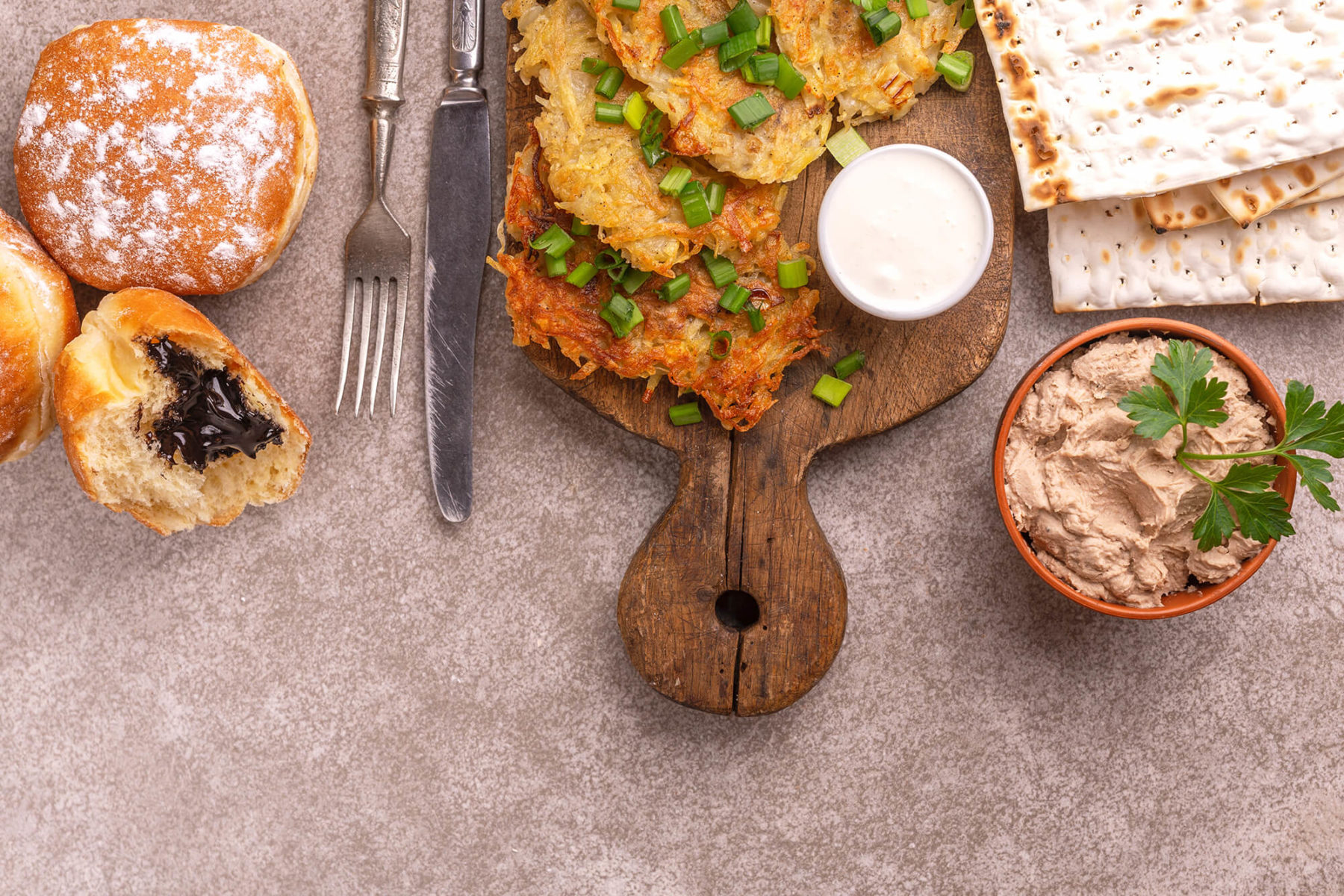
by Eugene Flynn of 54Degrees
The number of visitors on your website equals the number of opportunities you have to grow your movement through new supporters & building relationships with existing ones. Developing a testing culture and running regular A/B tests takes time, but the payoff can be huge when done correctly. Happier supporters, increased growth and income.
Each missed opportunity makes your challenge of achieving the impact you desire even harder.
Focus on maximum rewards: Gather all the data you can for each part of your supporter journey, identify where things are going wrong & where you see the biggest rewards.
Make sure you have enough traffic. using this handy calculator from Optimizely.
Don’t rely on ideas you’ve heard or seen elsewhere.
Generate hypotheses for each test. e.g. I believe ____ will result in ____ because ____
Prioritise the tests to deliver the maximum impact for the least amount of effort & cost.
Test using Engaging Networks built in A/B testing tools or a tool like Google Optimize.
Ensure that your results are statistically significant. This free tool from VWO is useful.
Learn from failure as well as success. An overall drop in conversion rate may reveal something in the detail e.g. an increase on mobile devices.
Appetite for more? Check out my presentation, The power of landing page optimization and common pitfalls.
Too much to eat? If you need help and don’t have the time or expertise in house, a UX review will capture issues with your current donation forms, make clear recommendations and guarantee improvements. I can also help your own internal teams setup and optimize your very own CRO processes for continued improvement and growth.

Rather than a recipe or index, we chose to offer a sweet finale of additional resources to round out your meal, er campaign, planning for year-end. Some of these resources are excellent pairings with previous recipes and some are just other great ideas or guides. What a sweet ending to a delicious cookbook!
Cheeky Giving Tuesday Checklist – Just a few items you may want to make sure you have planned for one of the biggest fundraising days of the year!
Palette Pleasing Personalizations – A good pairing with some of our shopping tips and Persona Paella, this blog gives some great tips on how to personalize your communications to delight your donors.
Goodness Gracious Gratitude – Did you know there’s science behind the power of saying thanks? Make sure you thank every single donor well this holiday – it increases the chances of them sticking around and giving again!
Integration Ice Cream – Such a bad name, sorry! But have you thought about how integrations can increase your success? Sometimes it’s about UX, sometimes cleaner data and sometimes… about more revenue for your cause! Take a look at ten integrations that can help.
Sweetest Digital Engagement Solutions – The toolset you use can make or break your campaigns. Engaging Networks offers best-in-class tools to help you reach your supporters and raise more money for your cause. Take a look at our solutions from Email to Artificial Intelligence and how they can boost your performance.
Thank you to our team at Engaging Networks for the hard work that went into organizing this cookbook. But, especially, thank you to our contributors for the creative, useful and inspiring recipes that made this come to life.